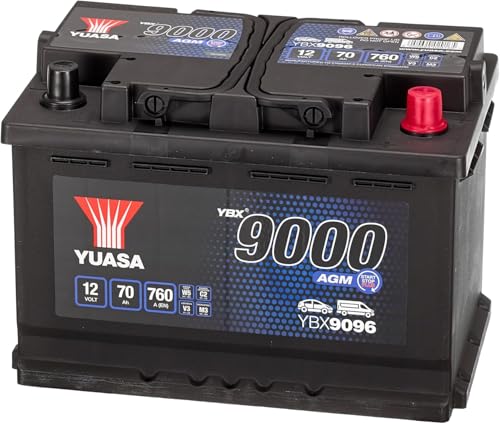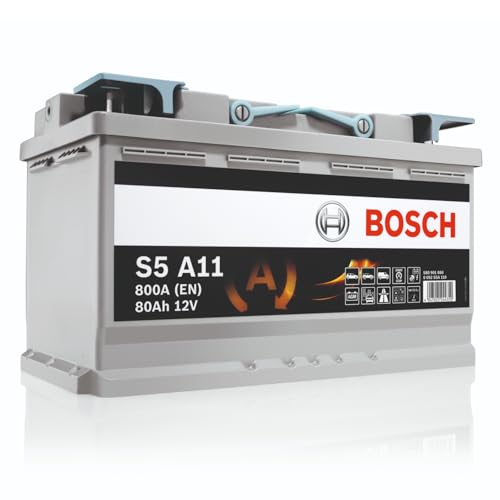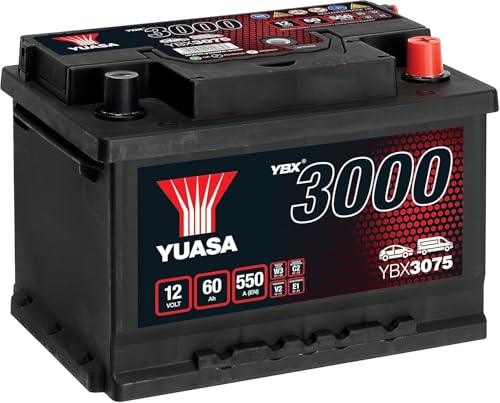Understanding Car Batteries: Essential Knowledge for Every Driver
What is a Car Battery?
A car battery is an essential component of your vehicle’s electrical system. It provides the necessary power to start the engine and supports various electrical components while your car is running. Understanding its role can help you appreciate why it is crucial for your vehicle’s performance.
How Car Batteries Work
Car batteries store electrical energy through a chemical reaction and release it when needed. This energy powers the starter motor, ignition system, and other electrical accessories when the engine is off. It is vital to grasp that a car battery serves a cyclical function; it discharges energy to start the engine and recharges while the engine is running.
Signs Your Car Battery Might Be Failing
Being aware of the warning signs of a failing battery can save you a lot of frustration. Some common indicators include the engine taking longer to start, dimming headlights, or electrical components like the radio or dashboard lights acting strangely. Recognising these signs early can help us prevent being stranded due to a dead battery.
Key Factors to Consider When Purchasing a Car Battery
Understanding Your Vehicle’s Requirements
Before purchasing a car battery, we must check our vehicle’s manual to find the correct specifications. Factors like the battery size, terminal placement, and capacity are each crucial, as they determine compatibility and performance.
Cold Cranking Amps (CCA) Explained
Cold Cranking Amps measures a battery’s ability to start an engine in cold conditions. A battery with a higher CCA rating is likely to perform better in chilly climates. If we live in an area with extreme temperatures, considering CCA is essential to ensure reliable starts during cold weather.
Reserve Capacity: What You Need to Know
Reserve Capacity (RC) refers to a battery’s ability to power the vehicle’s electrical system when the engine is off. This rating is crucial for drivers relying on their battery for accessories, especially during long waits or in situations where the engine might be off for extended periods.
Types of Car Batteries: Which One is Right for You?
Lead-Acid Batteries
Lead-acid batteries are the most common type used in vehicles today. They are reliable and relatively inexpensive. However, they require regular maintenance and have a shorter lifespan compared to newer technologies.
Absorbent Glass Mat (AGM) Batteries
AGM batteries are a superior choice for those who need extra power. They offer better performance and durability, especially for cars with advanced electronic systems or high energy demands. While pricier, the longevity can make them worth considering for serious drivers.
Lithium-Ion Batteries
Lithium-ion batteries are gaining popularity in electric vehicles and high-performance cars. They are lightweight and charge quickly. However, they may not be suitable for all traditional vehicles due to their specific charging requirements and higher costs.
Top Recommendations for Reliable Car Batteries
Budget-Friendly Options
For those looking for affordability without compromising reliability, brands like Exide and Yuasa offer solid alternatives. They provide adequate performance for standard vehicles and are widely available.
Premium Choices for Performance
If we prioritise performance, opt for brands like Optima or Odyssey. These batteries are designed for high-demand vehicles and provide excellent starting power and reserve capacity.
Considerations for Specific Needs
For those who frequently use accessories like GPS or high-powered sound systems, investing in a more robust battery, such as an AGM, may be beneficial. We should assess our specific needs and choose accordingly.
Maintenance Tips to Extend the Life of Your Car Battery
Regular Inspections
Conducting regular inspections can aid in preventing battery issues. Look for corrosion on battery terminals and ensure they are tight. Monthly checks can help us identify potential problems early.
Keeping the Battery Clean
A clean battery is essential for optimal performance. We can wipe away dirt and corrosion with a mixture of baking soda and water, helping to maintain good connections and prolong the battery’s life.
Avoid Short Trips
Frequent short trips can prevent our battery from fully charging. If possible, try to take longer drives occasionally. This allows the alternator to charge the battery fully, enhancing its lifespan.





















